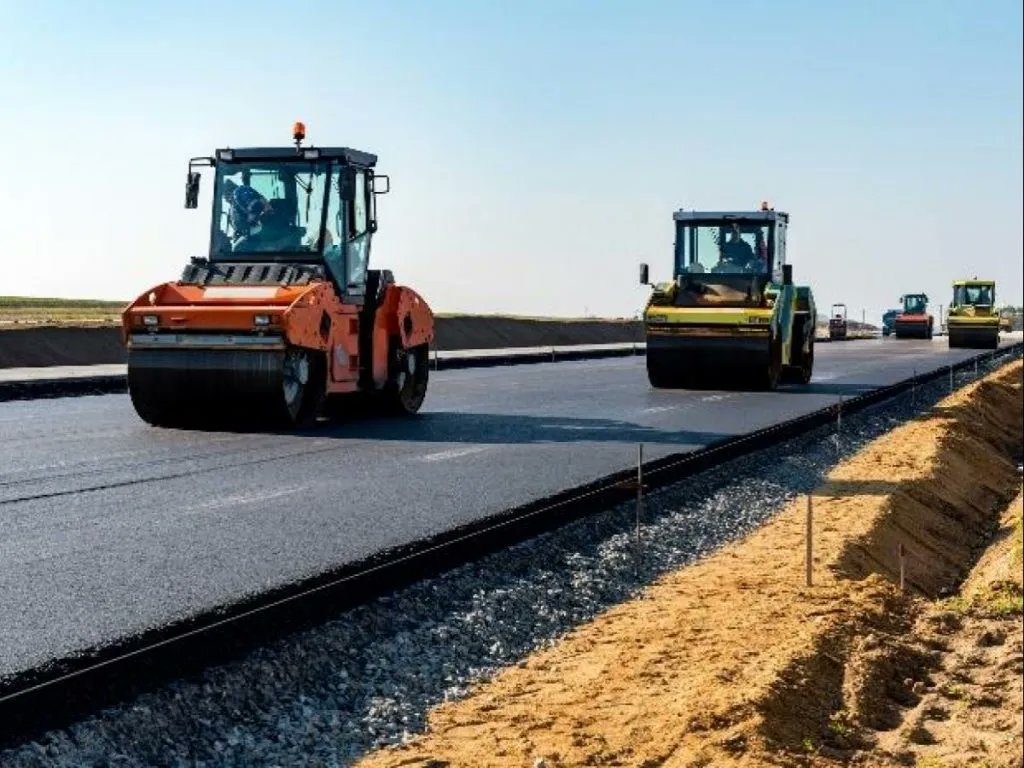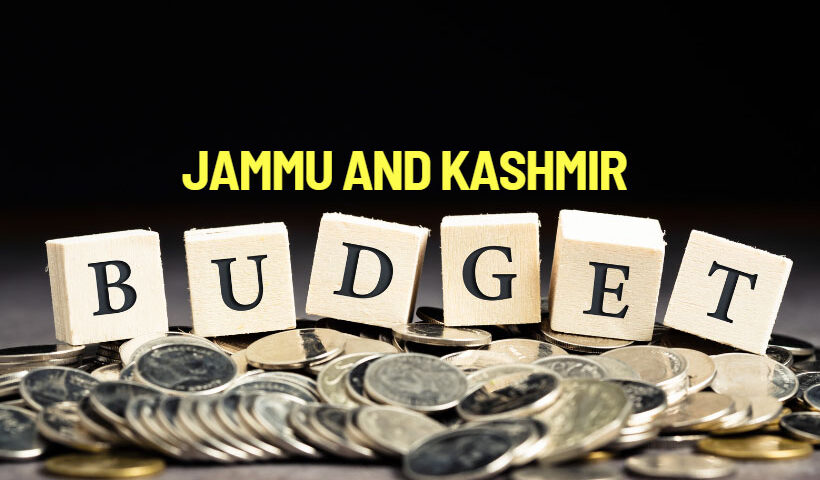Development vs. Recognition—A New War Erupts
By: Javid Amin | Srinagar | 25 June 2025
The recent sanctioning of 19 major road and tunnel projects worth ₹10,637 crore in Jammu and Kashmir was expected to trigger excitement and praise. Instead, it has set off a full-blown political credit war, with stakeholders across the spectrum rushing to claim the spotlight. From the Lieutenant Governor Manoj Sinha, Chief Minister Omar Abdullah, and MP Er Rashid’s Awami Ittehad Party (AIP) to the BJP, every faction has a version of “how it happened” and “who made it possible.”
This tug-of-war has laid bare the underlying political tensions and turf battles that continue to shape governance and perception in post-Article 370 Kashmir.
The Projects That Sparked the Storm
The ₹10,637 crore sanctioned by the Union government will fund 19 crucial infrastructure projects, many of which aim to transform connectivity across some of J&K’s most remote and strategically significant regions. Highlights include:
- Peer Ki Gali Tunnel (₹3,830 crore): Will provide all-weather connectivity on the Mughal Road, linking Shopian to Poonch.
- Sadhana Tunnel (₹3,330 crore): A long-pending demand, this tunnel ensures year-round access to Karnah near the LoC in Kupwara.
- Zaznar-Shopian section (NH-701A): ₹852 crore
- 4-lane flyover from Lal Chowk to Parimpora: ₹700 crore
- Trehgam-Chamkote section (NH-701): ₹966 crore
- Magam Flyover (Narbal-Gulmarg): ₹445 crore
- Qazigund Bypass: ₹95 crore
- Bridge over Rambiara (Shopian): ₹71 crore
These projects are not just about improved travel. They strengthen strategic military access, promote tourism, and boost regional economies.
Omar Abdullah Claims the Milestone
Chief Minister Omar Abdullah was among the first to claim credit. Taking to X (formerly Twitter), he posted:
“In a major achievement my government has got ₹10,600 crore worth of road & tunnel projects approved by the Union government. I’m grateful to PM @narendramodi ji & minister @MORTHIndia @nitin_gadkari ji for their continued support.”
The National Conference spokesperson also followed up, writing:
“Sadhna Tunnel, connecting Kupwara with Karnah, and Pir Ki Gali Tunnel were pursued by @JKNC_ for years… these landmark developments… are finally becoming a reality.”
This messaging seeks to position Omar as the developmental catalyst, the voice that persisted through bureaucratic and political bottlenecks.
L-G Manoj Sinha and BJP Wave the Modi Flag
Not to be left behind, Lieutenant Governor Manoj Sinha issued a press release expressing gratitude to the Prime Minister and Union Minister Nitin Gadkari. According to the L-G, the projects reflect the “Prime Minister’s vision for a new Jammu and Kashmir.”
BJP’s J&K spokesperson Altaf Thakur doubled down in a press conference:
“This is PM Modi’s vision turning into reality. The credit goes to his strong leadership and commitment to J&K’s transformation.”
Their collective tone makes it clear: this is a central government gift, not a local achievement.
Er Rashid’s AIP Joins the Credit Chorus
Amid the NC-BJP-LG clash, Awami Ittehad Party (AIP) added its own stake. Inam un Nabi, party spokesperson, asserted:
“During the winter Parliament session, MP Er Rashid personally met Minister Gadkari and put forward demands about north Kashmir’s neglected road and tunnel projects. These approvals are a direct result of that intervention.”
He added that the Lolab-Bandipora road, Takipora Lolab–Sopore link, and tunnels at Gurez and Machil—also advocated by Er Rashid—are likely next in line.
By placing a Kashmiri MP at the center of this development push, AIP seeks to counterbalance the dominance of national parties and center-appointed leaders.
The Political Undercurrents – L-G vs. CM
The infrastructure saga also intensifies an already simmering cold war between L-G Manoj Sinha and CM Omar Abdullah. The Chief Minister recently blamed the L-G for “not clearing the business rules file,” adding to growing friction over administrative control.
This moment becomes more than a development update—it becomes a proxy battlefield for influence, legitimacy, and control over J&K’s political narrative post-statehood demands.
Strategic, Social, and Economic Impacts
While political parties scramble for credit, the implications of these projects are far-reaching:
1. Strategic Access
Roads like Pir Ki Gali and Sadhana Tunnel lie close to the Line of Control, enhancing troop mobility and military logistics.
2. Tourism Boost
Enhanced access to Gulmarg, Shopian, Poonch, Karnah, and Uri will fuel domestic and international tourism, reviving local economies.
3. Trade and Transport
Quicker and safer travel means better logistics for horticulture, handicrafts, and small businesses, directly benefiting thousands.
4. Emergency Resilience
All-weather roads and tunnels can speed up disaster response in case of landslides, snowstorms, or earthquakes.
Credit Wars—Political Theatre or Democratic Vitality?
While the credit war may seem farcical, experts suggest it reflects a deeper desire for visibility and validation in a complex federal system. Kashmir’s politics has long suffered from dissolution of local power, and the return to competitive development politics, while noisy, is a sign of democratic re-engagement.
In the words of a political analyst:
“At least now the fight is about development—not just domination. That’s progress, ironically.”
Bottom-Line: Development is Welcome—Who Gets the Trophy is Secondary
Regardless of who deserves the credit, Jammu and Kashmir’s people stand to benefit from these ₹10,637 crore projects. The new roads and tunnels promise connectivity, security, and opportunity. The political theatrics may grab headlines today, but what matters in the long run is whether the promises on paper materialize on the ground.
As for the credit? It will remain contested—as all things in Kashmir inevitably are.




